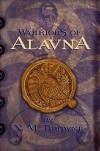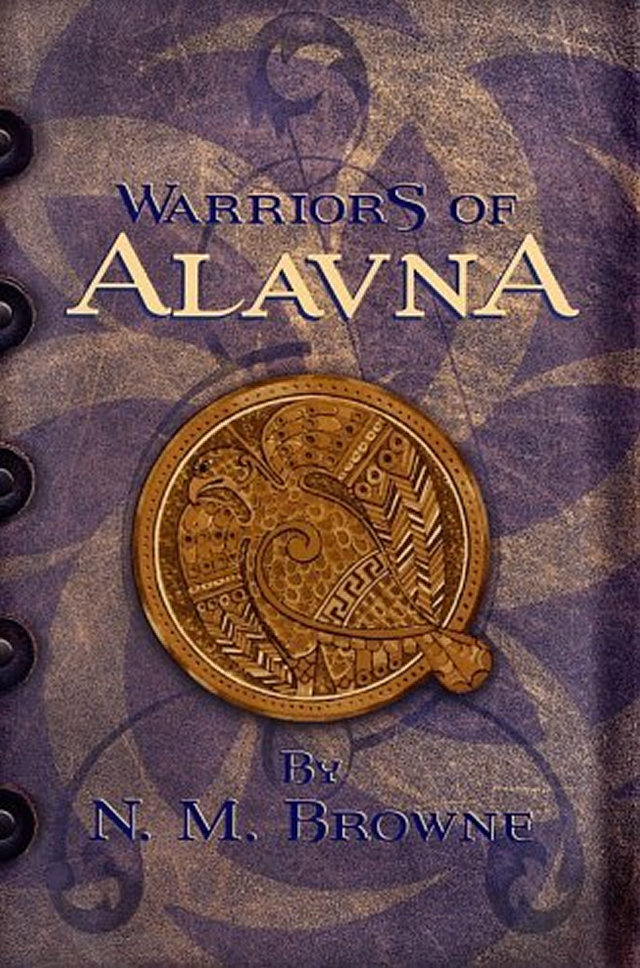 Warriors of Alavna was M’s choice for this month. Meaning she already read it and suggested we read it.
Warriors of Alavna was M’s choice for this month. Meaning she already read it and suggested we read it.
For that reason, I wanted to like it. Alas, I did not.
The problems started right off, and while it did improve after that, its other problems became more obvious.
The basic plot is that two kids get transported to the past. Or another world. Just which it is is never clear. (Until you get to the afterward.) They get caught up in the local Celts’ battle with invading Romans.
In the beginning, I thought what the book needed was a good editor. So I was surprised to find the publisher was Bloomsbury. Do they not have editors at Bloomsbury?
The story starts en media res. (Did I spell that right?) Unfortunately, that is not always the best tack to take! We start with the boy, Dan, going through a mysterious mist. We learn through an almost immediate flashbacktracking that he’s chasing a girl in his class. They were on a class trip. So right there, I would’ve started the story on the class trip, so we get to see their normal environment and normal interactions with each other (if any). And then have this weird mist show up at the end of chapter one.
We then proceed to jump from his point of view to that of Ursula’s. And then for a number of chapters there is no dialogue. Another problem! At least for me. I think I need dialogue to keep me interested. Which is a definite benefit to first person — the whole story is a dialogue between the narrator and the reader. At any rate, once we do have people talking to each other, it gets better.
But it still has problems. There’s one paragraph that goes on for 3 pages. There’s another paragraph with 13 different names in it. And the tentative hold the author had on point of view and point of view shifts goes out the window. To mix my metaphors.
So that’s my opinion on the writing. As for the characters, they’re.. well, I was going to say they’re all right, they’re interesting. But no, actually, because Dan and Ursula are very passive. They’re swept up in things way too easily. Oh, you want me to kill people? Okay, if I have to. Oh, you want me to take an oath? Okay. Ursula figures out how to summon up the mist stuff. But does she use it to take them home? No. She decides that to help fight a Roman legion, you need… to drag in another Roman legion! What. The. Frell?
I did like that Ursula is mistaken for a boy, and then uses her newfound magic to make that rather more of a reality. And I do have a newish interest in British history. Unfortunately, those two aspects aren’t enough to overcome the other problems I had with the book.
One final comment I have is on Alavna. There’s this village that was pillaged and burned by the Romans. It’s called Alavna. The two kids and the people they’re with go check it out, knowing it’s been burned and whatnot, and decide to take Alavna into their hearts, or something, by naming themselves after it, and seeking revenge for it.
Which would be all fine and stuff if I had felt any emotional attachment to what happened at Alavna whatsoever. But I did not. I think it must have been described in very vague terms, with no clear visual, and done altogether too briefly for it to have any impact on me whatsoever. So I had trouble understanding why it had an impact on them.
To end with, I’m sorry, but I just couldn’t like this. And I could find little to redeem it either. I will not be seeking out more books by the rather mysterious N. M. Browne either.
Though I still feel an editor could’ve improved this greatly. That’s an editor’s job!

